August 27, 2024
Five Strategies To Discourage Drug And Alcohol Use
Discover five proven strategies to discourage drug and alcohol use, fostering a supportive and drug-free environment.

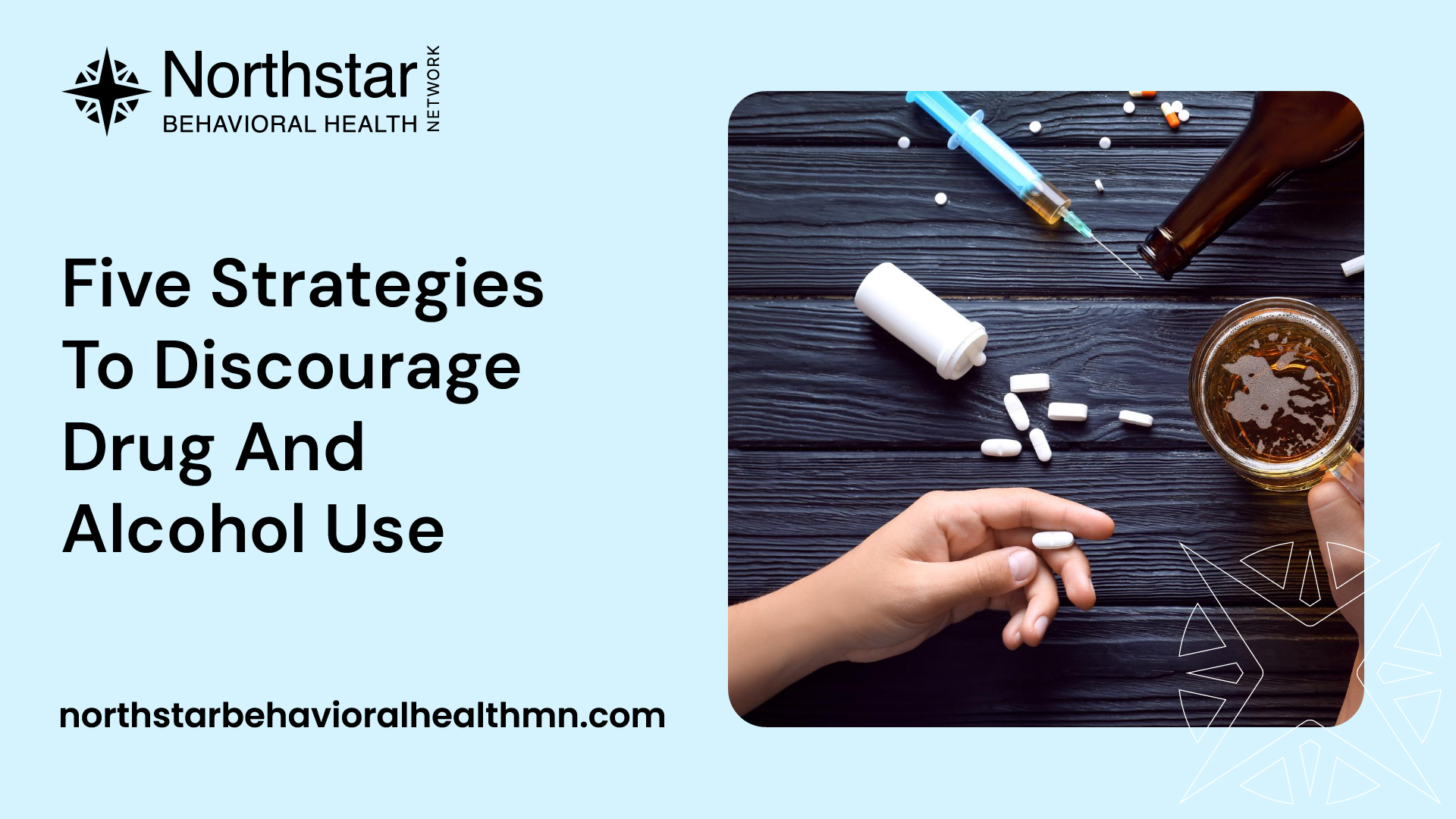
Understanding Teen Substance Use
Before diving into strategies to discourage drug and alcohol use among teenagers, it's essential to have a solid understanding of the prevalence of teen substance use and the factors that contribute to it.
Prevalence of Teen Drug and Alcohol Use
Teen drug and alcohol use is a significant concern in society. Many adolescents experiment with substances, and some develop problematic use patterns. Understanding the prevalence of teen substance use can help us grasp the scale of the issue and the need for effective prevention measures.
According to recent studies, the rates of drug and alcohol use among teenagers are as follows:
These statistics highlight the importance of addressing teen substance use and implementing strategies to discourage experimentation and harmful behaviors.
Factors Contributing to Teen Substance Use
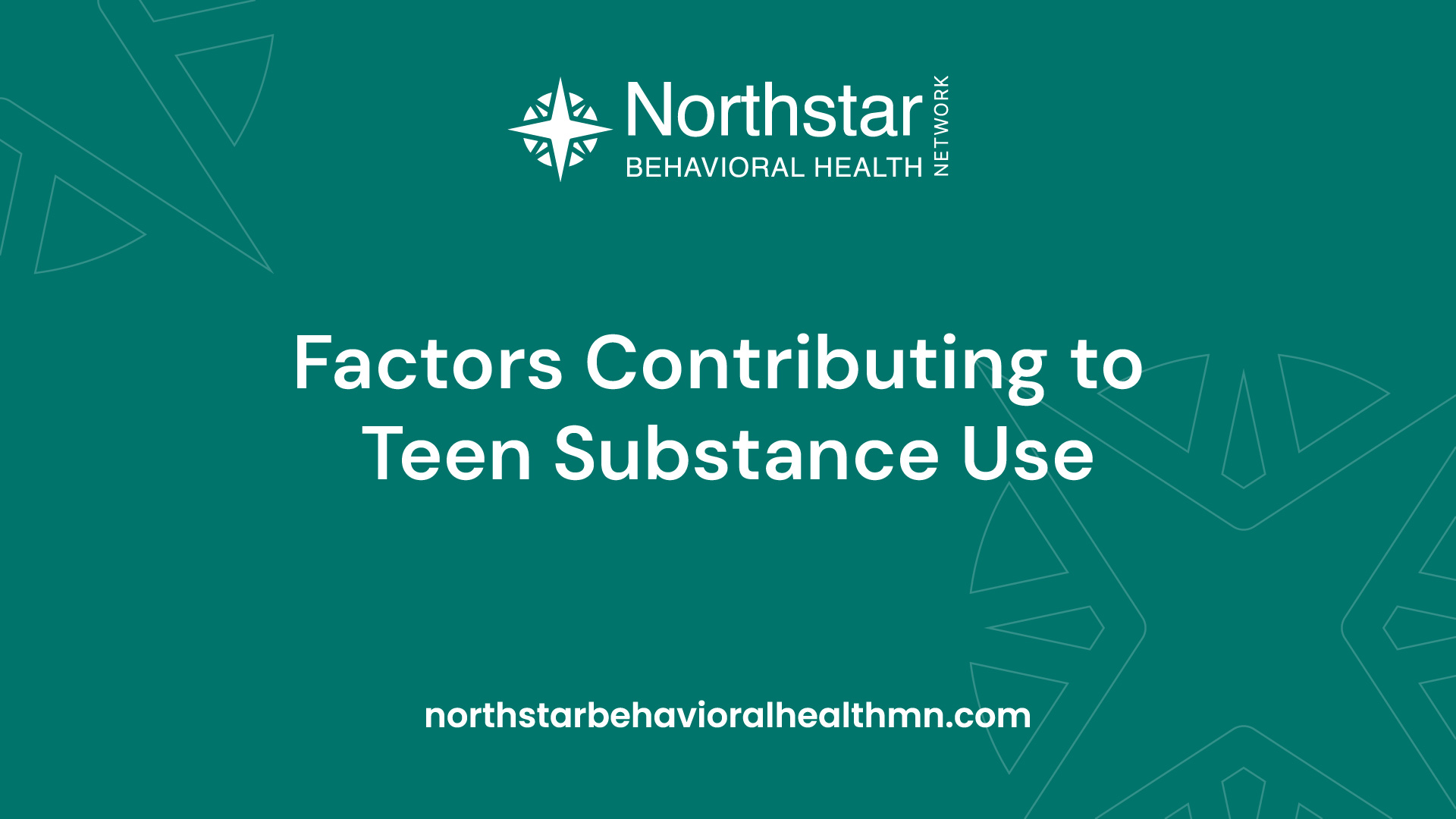
Several factors contribute to teen substance use, and it's crucial to recognize and address these influences to effectively discourage drug and alcohol use among teenagers. Some of the key factors include:
- Peer pressure: Adolescents often feel pressure to fit in and may experiment with substances due to peer influence.
- Family history: A family history of substance abuse can increase the risk of teen drug and alcohol use.
- Mental health issues: Teenagers with underlying mental health conditions, such as anxiety or depression, may turn to substances as a coping mechanism.
- Lack of parental involvement: Insufficient parental involvement and supervision can contribute to increased risk of substance use among teenagers.
- Accessibility: Easy access to drugs and alcohol, whether at home or in the community, can facilitate experimentation.
By understanding these factors, parents, educators, and communities can better address the root causes of teen substance use and implement effective prevention strategies.
To explore strategies to discourage drug and alcohol use among teenagers, continue reading our article on five tips to support your loved one in recovery.
Strategies to Discourage Drug and Alcohol Use
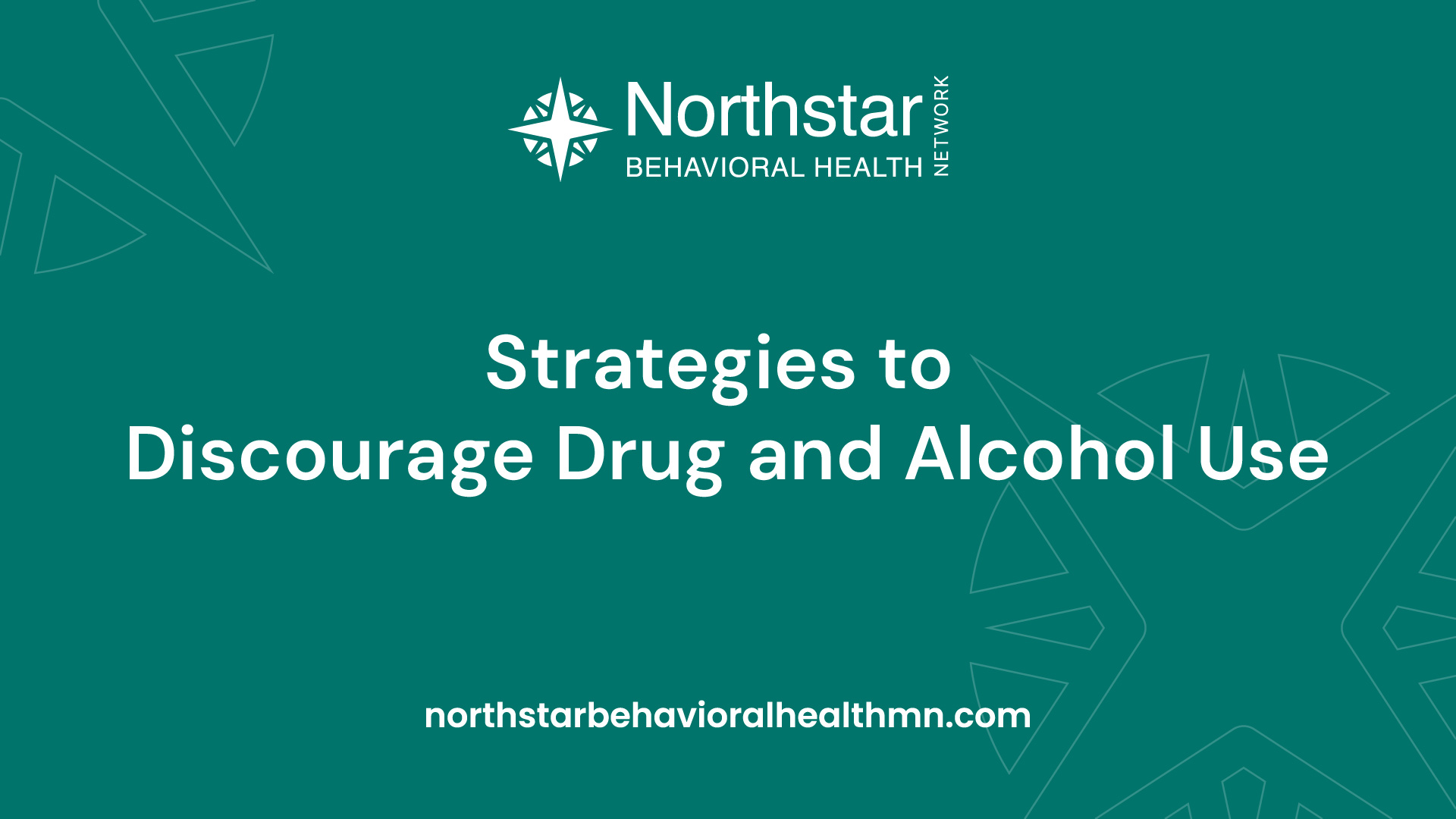
When it comes to discouraging drug and alcohol use among teenagers, there are several effective strategies that parents and caregivers can implement. By creating an open and supportive environment, setting clear expectations and boundaries, and providing positive role modeling, you can greatly influence your teen's choices and help prevent substance use.
Open Communication and Supportive Environment
Maintaining open lines of communication with your teenager is crucial in creating a supportive environment. Encourage your teen to express their thoughts, feelings, and concerns without fear of judgment or punishment. By actively listening to their perspective and providing guidance and support, you can establish trust and reinforce the idea that they can turn to you for help and guidance.
Regularly check in with your teen about their day, their friends, and any challenges they may be facing. Be approachable and non-judgmental, allowing them to feel comfortable discussing sensitive topics such as drugs and alcohol. By fostering open communication, you can address any concerns or misconceptions they may have and provide accurate information about the risks and consequences of substance use.
Setting Clear Expectations and Boundaries
Setting clear expectations and boundaries is another effective strategy in discouraging drug and alcohol use. Clearly communicate your family's values and rules regarding substance use. Establish consequences for breaking these rules and consistently enforce them. By providing structure and consistency, you are sending a clear message that drug and alcohol use is not acceptable.
It's important to involve your teen in the process of setting rules and expectations. This allows them to have a sense of ownership and understanding of the reasons behind the rules. Additionally, as your teen grows older, gradually give them more autonomy and decision-making power, while still maintaining necessary boundaries. This helps them develop responsibility and a sense of accountability.
Positive Role Modeling
As a parent or caregiver, your actions speak louder than words. Being a positive role model is essential in discouraging drug and alcohol use among teenagers. Show your teen healthy ways to cope with stress and navigate challenges. Demonstrate responsible behavior, such as not drinking excessively or using drugs.
Engage in open conversations with your teen about the reasons why you choose not to use drugs or alcohol. Share personal experiences or stories of individuals who have faced negative consequences due to substance use. By modeling healthy behaviors and discussing the impact of substance use, you are providing your teen with valuable insights and reinforcing the importance of making responsible choices.
By implementing these strategies, you can create an environment that promotes healthy decision-making and discourages drug and alcohol use among teenagers. Remember to provide education and awareness about substance use, build resilience and coping skills, and seek professional help and support if necessary. Your efforts can make a significant difference in helping your teen make positive choices for their future.
Providing Education and Awareness
To effectively discourage drug and alcohol use among teenagers, providing education and raising awareness about substance abuse is crucial. By equipping teens with knowledge about the risks and consequences associated with drug and alcohol use, they can make informed decisions and understand the potential impact on their lives.
Substance Use Education
Substance use education plays a vital role in preventing drug and alcohol use among teenagers. It involves imparting knowledge about different types of substances, their effects on the body and mind, and the risks associated with their use. Substance use education should cover topics such as:
By providing comprehensive substance use education, teenagers can develop a better understanding of the dangers associated with substance abuse. This knowledge empowers them to make informed decisions and resist peer pressure.
Risks and Consequences of Drug and Alcohol Use
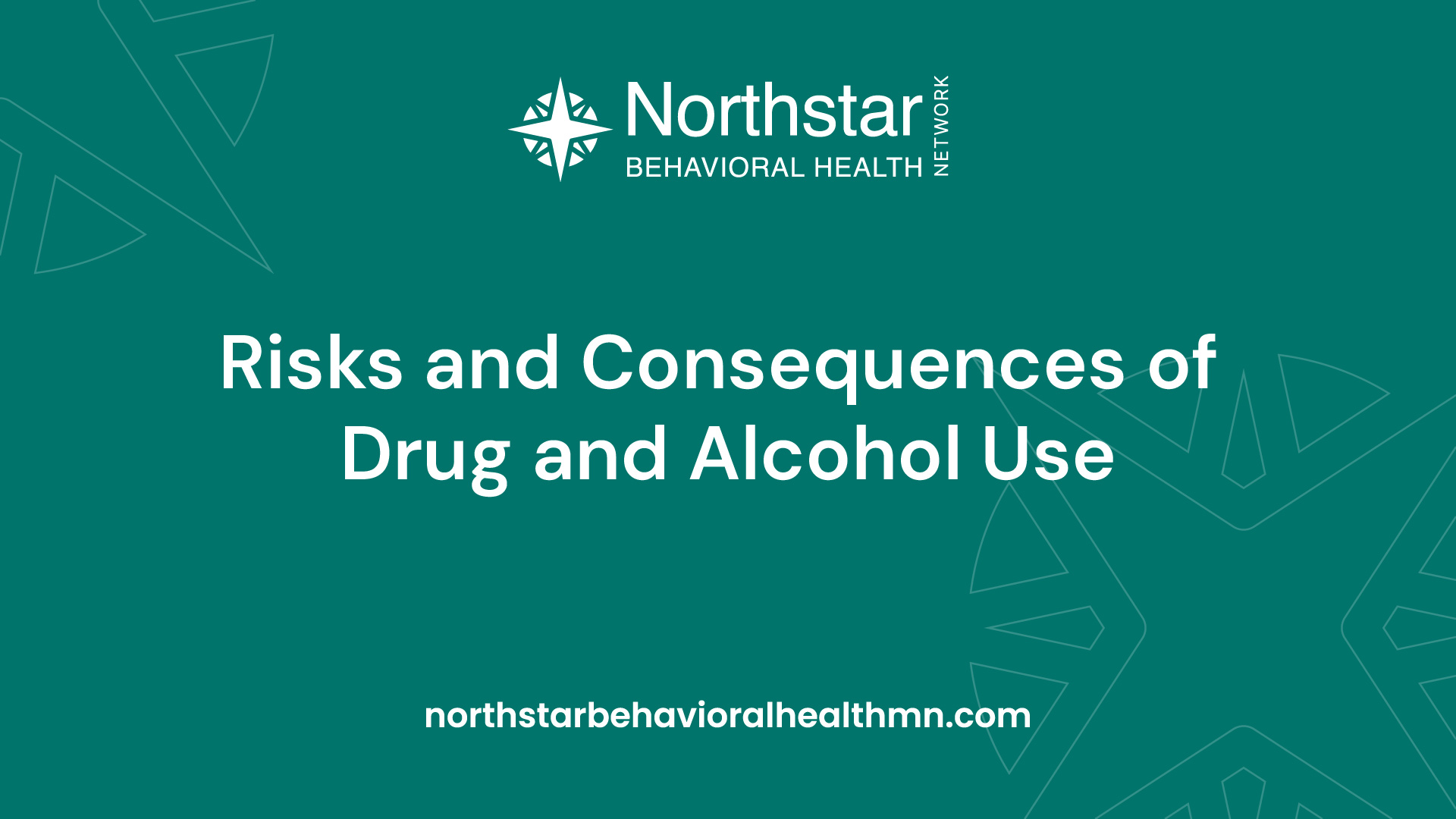
Raising awareness about the risks and consequences of drug and alcohol use is a crucial aspect of discouraging substance abuse among teenagers. By highlighting the negative effects that drugs and alcohol can have on physical and mental health, relationships, academic performance, and future prospects, teens gain a deeper understanding of the potential harm.
To effectively communicate the risks and consequences, consider using visual aids, real-life examples, and personal stories. This helps to create a relatable and impactful message. Some important points to cover include:
- The immediate and long-term health risks associated with drug and alcohol use
- The impact of substance abuse on academic performance and future goals
- The strain it can put on personal relationships and family dynamics
- The potential legal consequences, including arrests and criminal records
- The risk of addiction and the challenges of recovery
By providing education and awareness about the risks and consequences, teenagers can make informed decisions and understand the importance of avoiding drugs and alcohol. It is essential to reinforce this information consistently and encourage open discussions about substance use.
Remember, education and awareness are just two components of the overall strategies to discourage drug and alcohol use. To further support teenagers, it is crucial to implement the other strategies, such as open communication, setting clear expectations, positive role modeling, building resilience and coping skills, and seeking professional help when needed. Together, these strategies create a comprehensive approach to empower teenagers and promote a drug-free lifestyle.
Building Resilience and Coping Skills
When it comes to discouraging drug and alcohol use among teenagers, building resilience and equipping them with effective coping skills is essential. By helping teens develop healthy ways to manage stress and fostering positive peer relationships, we can empower them to make better choices and navigate challenges without turning to substances.
Healthy Stress Management Techniques
Teens often face a variety of stressors, such as academic pressure, social challenges, and family dynamics. Teaching them healthy stress management techniques can significantly reduce the likelihood of turning to drugs or alcohol as a coping mechanism. Here are some strategies to consider:
- Encourage physical activity: Regular exercise releases endorphins, which are natural mood boosters. Engaging in activities like sports, yoga, or hiking can help reduce stress and improve overall well-being.
- Practice relaxation techniques: Teach your teen relaxation techniques, such as deep breathing exercises, meditation, or mindfulness. These practices can help them relax, reduce anxiety, and cope with stress.
- Foster creative outlets: Encourage your teen to explore their artistic side through activities like painting, writing, or playing a musical instrument. Engaging in creative pursuits can be a healthy and enjoyable way to manage stress.
Encouraging Positive Peer Relationships
Positive peer relationships play a crucial role in shaping a teenager's behavior and choices. By fostering healthy friendships and encouraging positive social interactions, we can help our teens build a strong support system and make better decisions. Here are some ways to promote positive peer relationships:
- Encourage involvement in extracurricular activities: Encourage your teen to participate in clubs, sports teams, or community organizations. These activities provide opportunities to meet like-minded individuals and build positive relationships based on shared interests.
- Teach communication and conflict resolution skills: Help your teen develop effective communication and conflict resolution skills. Encourage open and honest conversations, active listening, and empathy. These skills can help them navigate peer conflicts and maintain healthy relationships.
- Discuss the importance of choosing friends wisely: Talk to your teen about the importance of surrounding themselves with friends who have similar values and goals. Encourage them to choose friends who support and uplift them, rather than ones who may influence negative behaviors.
By focusing on building resilience and coping skills, we can empower our teens to face challenges head-on without resorting to drugs or alcohol. Providing them with healthy stress management techniques and fostering positive peer relationships can significantly reduce their risk of substance use. For more information on supporting your loved ones in recovery, check out our article on five tips to support your loved one in recovery.
Seeking Professional Help and Support
When it comes to dealing with drug and alcohol use among teens, seeking professional help and support is an important step in the recovery process. There are various counseling and therapy options available, as well as community resources and support groups that can provide guidance and assistance.
Counseling and Therapy Options
Counseling and therapy are effective methods for addressing underlying issues that may contribute to teen substance use. Licensed counselors and therapists can offer a safe and confidential space for teens to explore their thoughts and emotions. These professionals can help teens develop coping strategies, build resilience, and work through any underlying mental health concerns that may contribute to substance use.
There are different types of counseling and therapy approaches that may be beneficial for teens struggling with drug and alcohol use. Some common options include:
- Cognitive-Behavioral Therapy (CBT): This therapy focuses on identifying and changing negative thought patterns and behaviors related to substance use. It helps teens develop healthier coping mechanisms and strategies to avoid relapse.
- Family Therapy: Involving the family in therapy sessions can be valuable in addressing family dynamics and improving communication. Family therapy can help strengthen relationships and provide a supportive environment for the teen's recovery.
- Group Therapy: Group therapy allows teens to connect with others who are going through similar experiences. It provides a sense of belonging, support, and the opportunity to learn from peers facing similar challenges.
Community Resources and Support Groups
In addition to counseling and therapy, community resources and support groups can play a significant role in supporting teens in their recovery journey. These resources provide a sense of community, understanding, and encouragement.
Support groups, such as Alcoholics Anonymous (AA) or Narcotics Anonymous (NA), offer a supportive environment where teens can share their experiences, learn from others, and receive guidance from individuals who have successfully overcome substance use. These groups often follow a 12-step program and provide a framework for personal growth and recovery.
Community resources, such as local community centers or nonprofit organizations, may offer educational programs, workshops, and additional support services for teens and their families. These resources can provide valuable information, connections to treatment options, and ongoing support throughout the recovery process.
Remember, seeking professional help and support is an important step, but it's equally essential to create an open and supportive environment at home. Encouraging open communication, setting clear expectations and boundaries, and providing education and awareness about the risks and consequences of drug and alcohol use are essential strategies that complement professional help and support.
By combining these strategies, teens can receive comprehensive support as they navigate the challenges of recovery and work towards a healthier, drug-free future.
Monitoring and Supervision
When it comes to discouraging drug and alcohol use in teenagers, effective monitoring and supervision play a crucial role. By keeping track of your teen's activities and implementing necessary measures, you can help create a safe and supportive environment. Here are two strategies to consider:
Keeping Track of Teen's Activities
Staying informed about your teen's whereabouts and activities is an essential part of monitoring and supervision. By having open and honest conversations, you can establish trust and encourage your teen to share their plans and experiences. Here are some tips for effectively keeping track of your teen's activities:
- Regular check-ins: Schedule regular check-ins with your teen to discuss their day, any upcoming events, or changes in plans. This can help you stay informed and aware of their activities.
- Know their friends: Get to know your teen's friends and their parents. Encourage your teen to invite their friends over, which allows you to create a positive and supervised environment.
- Establish curfews: Set clear and reasonable curfews for your teen. Knowing their expected return time helps ensure their safety and discourages late-night risky behaviors.
- Utilize technology: Utilize technology to your advantage. There are various apps and tools available that allow you to track your teen's location or monitor their online activities. However, it's important to balance monitoring with trust and respect for privacy.
Remember, monitoring should be done in a supportive and non-intrusive manner. It's important to strike a balance between supervision and allowing your teen to develop their independence.
Implementing Drug and Alcohol Testing if Necessary
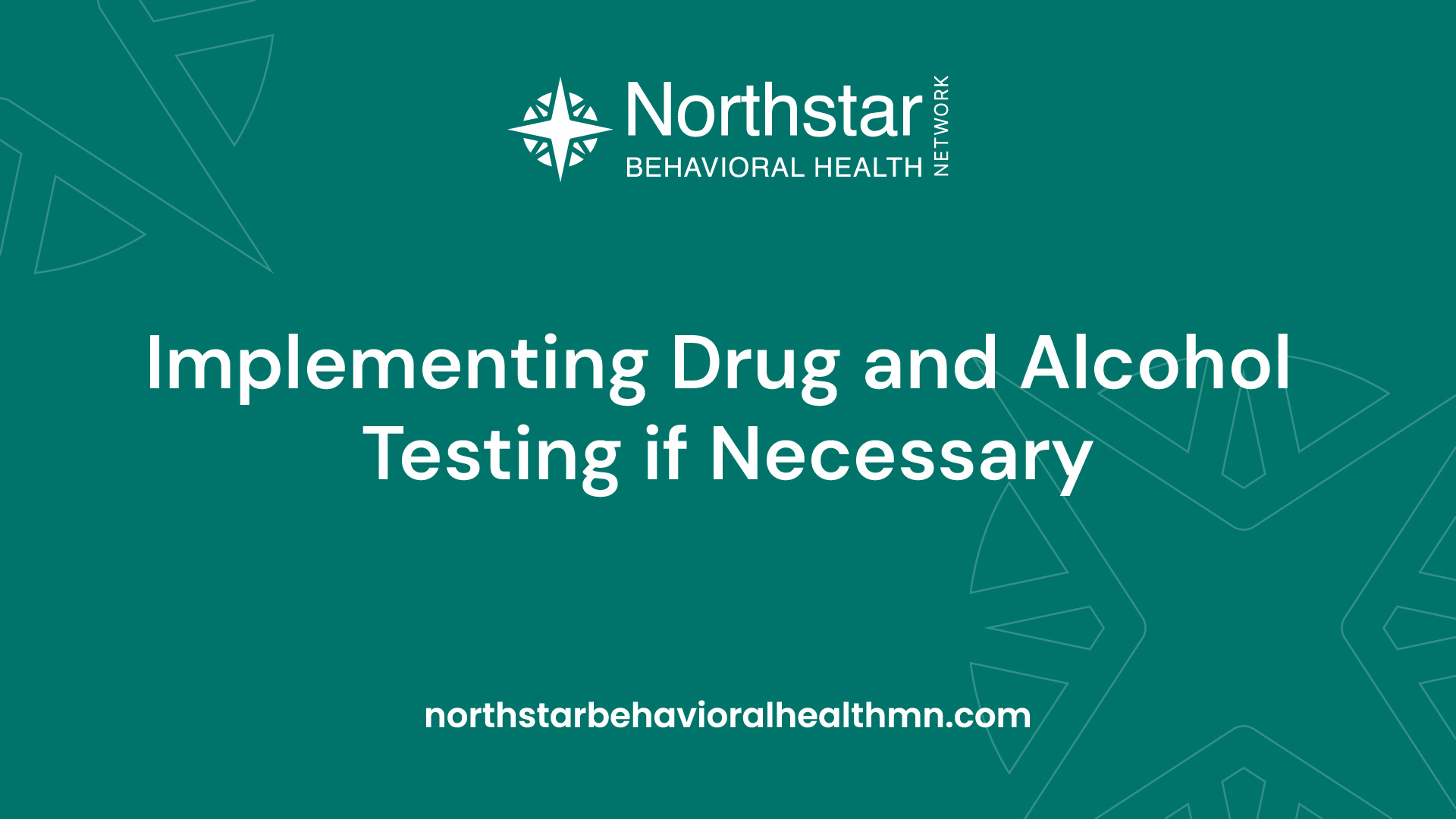
In some situations, implementing drug and alcohol testing may be necessary to ensure your teen's well-being. Testing can provide objective information about their substance use and help identify potential issues early on. Here are some considerations:
- Communicate openly: If you suspect drug or alcohol use, have an open and non-judgmental conversation with your teen. Express your concerns and explain why you believe testing is necessary. Emphasize that it is for their safety and well-being.
- Choose the right test: There are different types of drug and alcohol tests available, including urine, saliva, and hair tests. Research the options and consult with professionals to determine which type of test is most appropriate for your situation.
- Establish clear consequences: Clearly communicate the consequences of a positive test result. This may include counseling, therapy, or other interventions. It's important to approach consequences with a focus on support and rehabilitation rather than punishment.
- Seek professional guidance: If you decide to implement drug and alcohol testing, it's advisable to seek guidance from a medical professional or addiction specialist. They can provide valuable insight and help you navigate the process effectively.
Implementing drug and alcohol testing should be done with careful consideration and as a last resort. It's important to prioritize open communication, support, and education in order to discourage substance use in teenagers effectively. For more information on supporting your loved ones in recovery, refer to our article on five tips to support your loved one in recovery.

.jpg)




.jpg)

